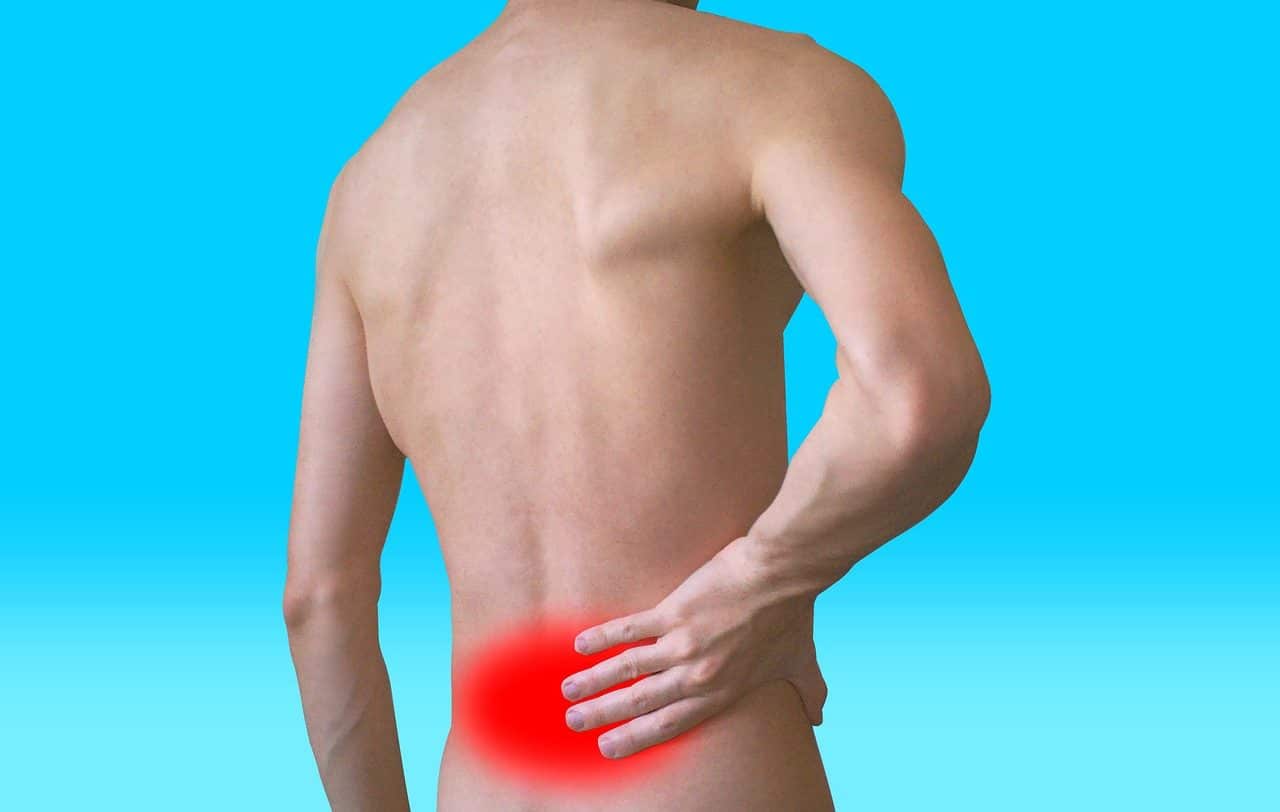
A doctor can detect a hernia with a physical examination.
A hernia is a protrusion of an organ , which leaves its normal structure. The idea of protrusion refers to a forward movement , causing a part of the body to protrude beyond its usual limit.
This means that, when a hernia occurs, there is a tissue or organ that escapes from the cavity that houses it. This disorder can cause various problems in the person who suffers from it.
Types of hernias
The most common thing is for the hernia to appear in the abdominal cavity given the weakness of its walls, receiving the name ventral hernia . In any case, hernias can occur in other parts of the body.
The umbilical hernia , for example, arises when the contents of the abdomen come out through the navel area, causing swelling in said region. The treatment of an umbilical hernia is carried out with the participation of a surgeon, since it requires a surgical intervention that requires local or general anesthesia depending on the extent of the protrusion.
The inguinal hernia , on the other hand, is caused by a problem in the inguinal duct or canal. As in the case of umbilical hernia, the resolution is surgical. The hiatal or hiatus hernia , meanwhile, develops when part of the stomach protrudes into the thorax, passing through the diaphragm.

Lumbar hernia can cause stabbing pain in the buttocks, chain, or legs.
a brain problem
We must not forget the so-called cerebral hernia , also known as cerebral herniation, which occurs as a protrusion from one area of the skull to another as a result of an extension of intracranial pressure.
A traumatic brain injury or edema are some of the causes that can cause this type of hernia, which requires that the patient not only go to the hospital immediately, but also be treated as soon as possible because it is very dangerous.
Specifically, it must be established that there are two types of brain hernias: supratentorial ones, which can be cingulum or transterorial, and infratentorial ones, which can be diencephalic or tonsillar.

In some cases, hernia surgery is needed to resolve the condition.
Other hernias
Cervical disc herniation and lumbar disc herniation are among the most painful and can cause disability. In these cases, a portion of an intervertebral disc shifts and compresses the adjacent nerve, resulting in an injury . This protrusion may be due to exaggerated effort or a sudden movement. Beyond surgery, this hernia is treated with the help of a physical therapist and orthopedist to minimize its symptoms, which include sciatica and neuralgia.
In the same way, we cannot ignore the existence of other types of hernias such as the so-called eventrations . These take place due to the scar from some type of old operation. Specifically, what happens is that they heal poorly during the intervention and this gives rise to complications and complications. Poor healing that can be caused by bleeding, an abscess or even strain.
Likewise, there is also one called pararectal hernia or Spiegel's hernia , which is one of the least common and affects the area of the anterior superior iliac spines. Intermittent pain in this area of the body is the only symptom that can clearly manifest this condition, which takes on a mushroom shape and can be difficult to diagnose. When this appears, it is usual to choose to carry out a very simple surgical incision.
Risk factors
Risk factors vary according to the type of hernia. If we take the case of inguinal hernia , the lack of a healthy diet leads to overweight; constipation; chronic cough; and even pregnancy can cause it.
Abdominal wall hernia , meanwhile, can appear when exerting excessive effort. Suppose someone does weight lifting: such heavy work could lead to a hernia.
Research has also shown that genetics plays an important role in the development of hernias. There are, in fact, hernias that are congenital.
Taking these factors into account, preventive measures can be taken. Take care of your lifestyle to avoid obesity or achieve weight loss if necessary, use appropriate techniques when you intend to lift heavy weights; drink large amounts of liquids and eat fiber to avoid constipation; and exercising regularly are actions that minimize the risk of suffering from a hernia.
It is important, on the other hand, to pay attention to the symptoms so that, in the event of a possible hernia, go to a doctor, who will be in charge of making the corresponding diagnosis. The appearance of a bulge in the navel or groin and the appearance of inflammation can reveal a hernia. If the condition is accompanied by fever, vomiting, nausea and pain, the need for attention is immediate because it is a potential health emergency.
